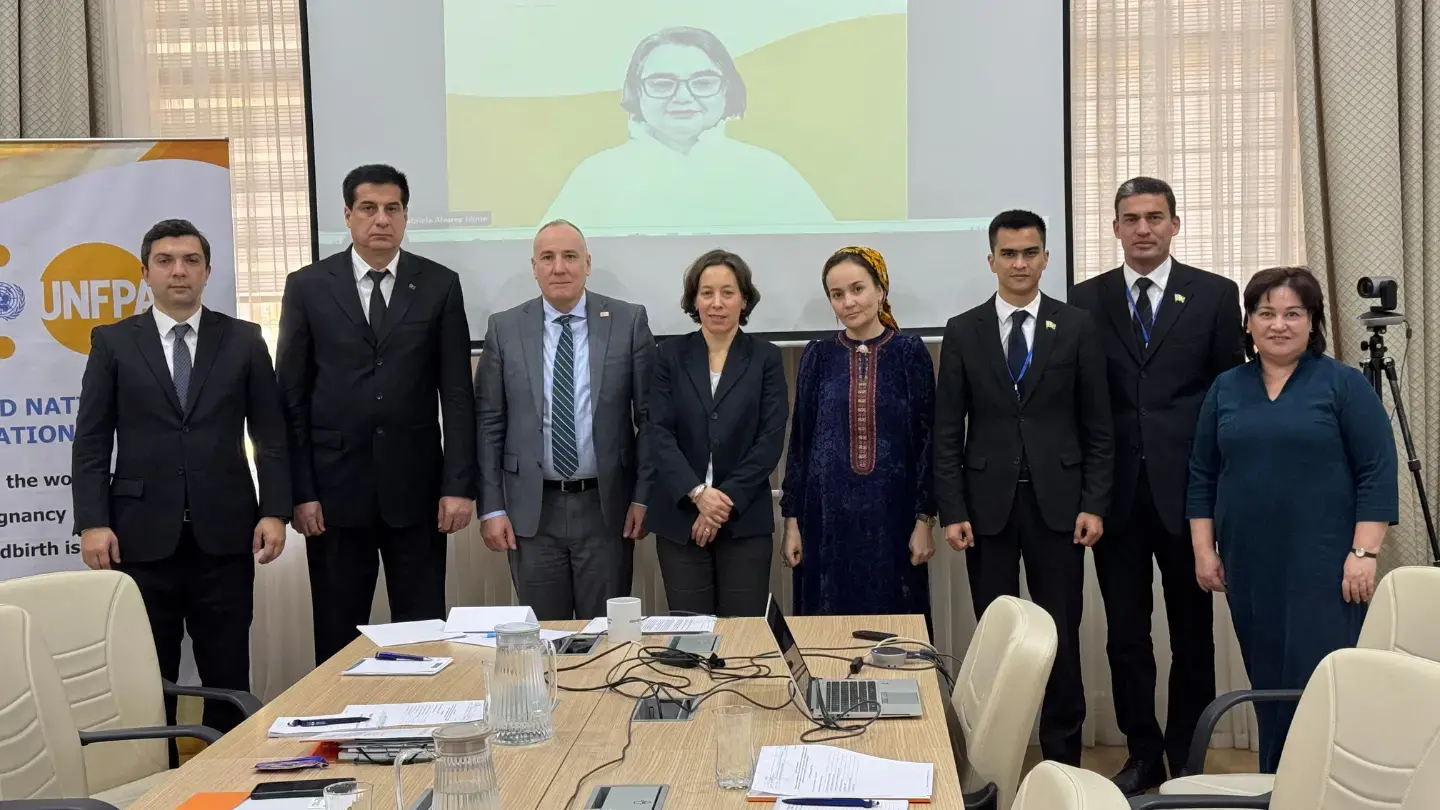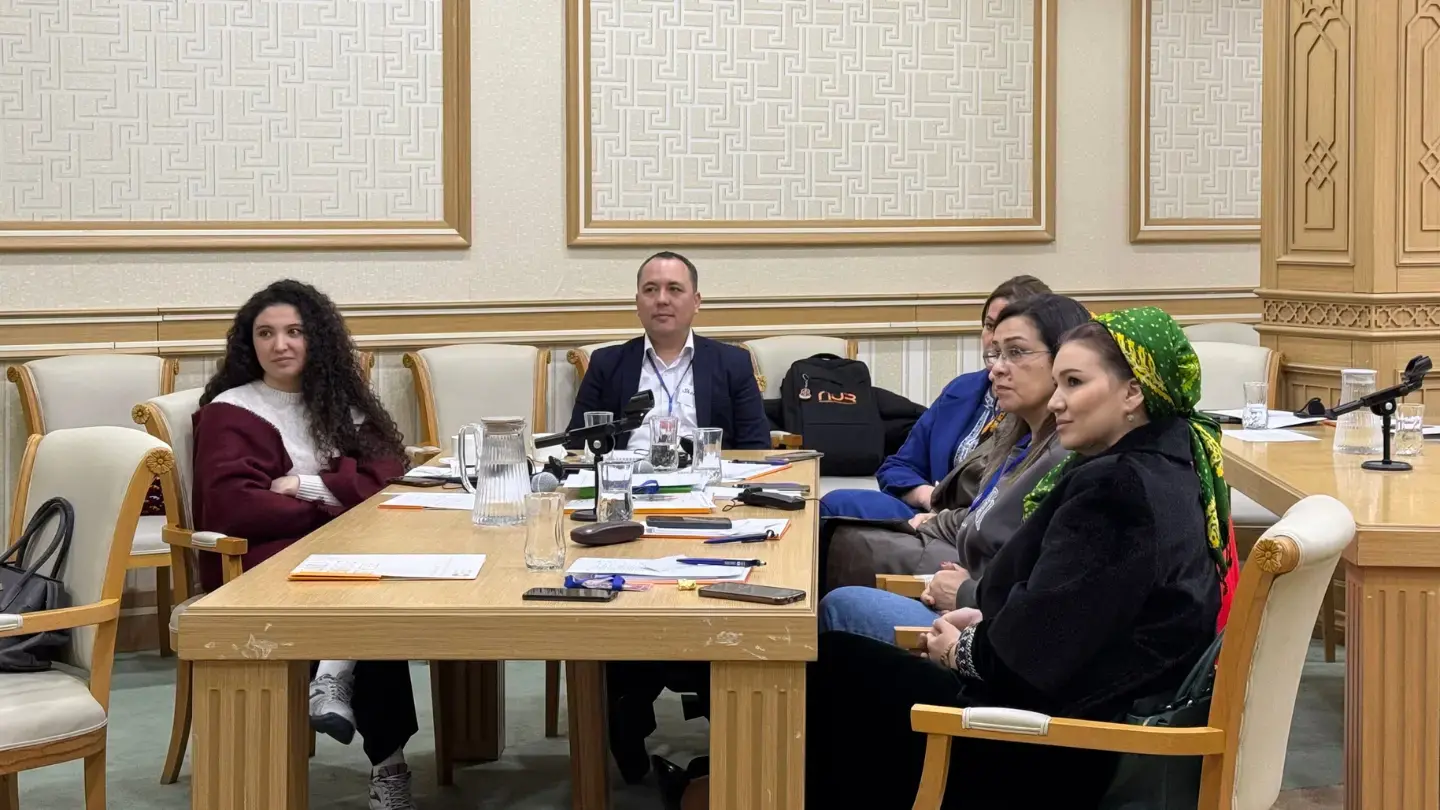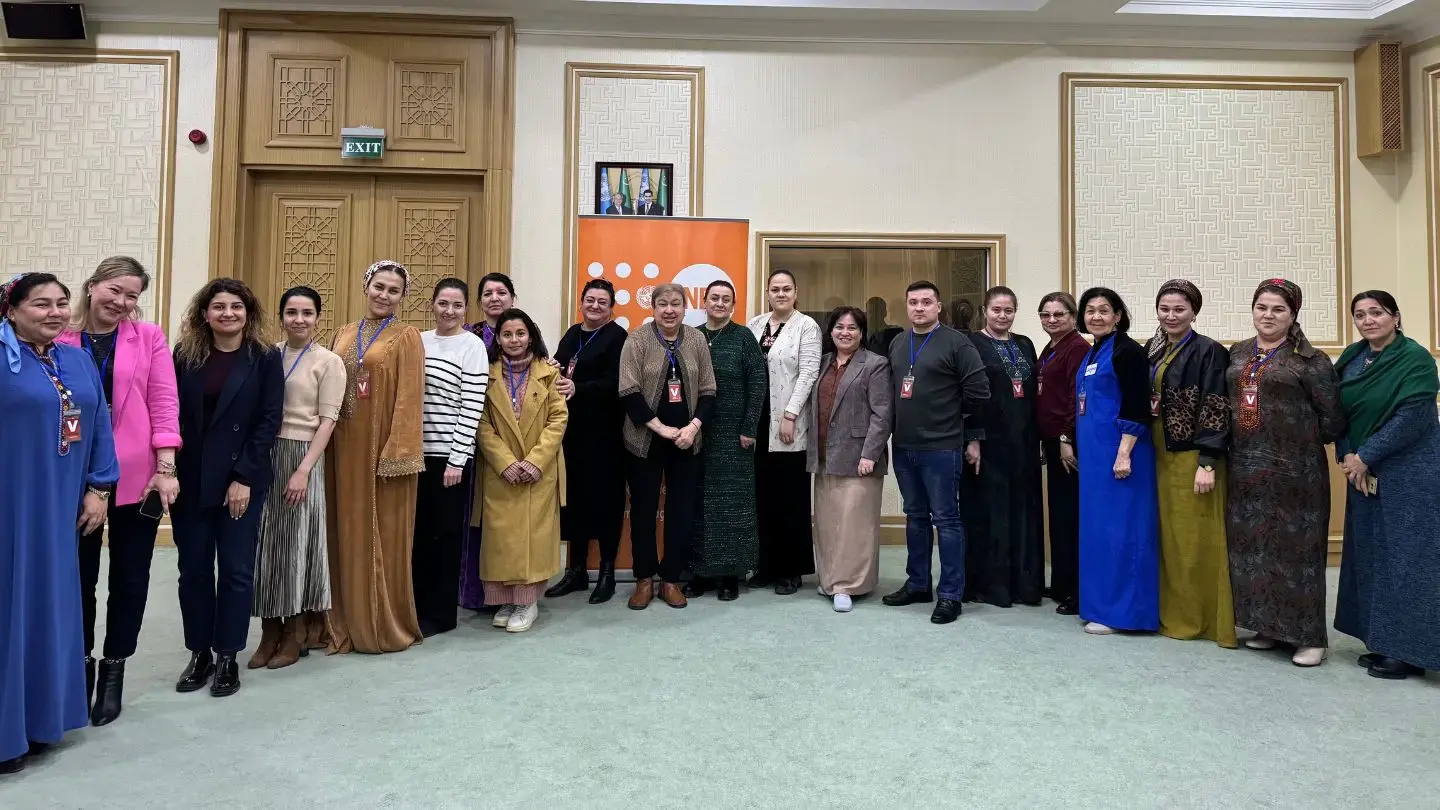The health, safety and security of hundreds of millions of women and girls around the world are at stake this week as representatives from all over the world meet in New York to come up with a resolution aimed at stopping violence against women and to support those who have survived violence.
By Dr. Babatunde Osotimehin
The negotiations are the centrepiece to the fifty-seventh session of the United Nations Commission on the Status of Women.
Sexual and gender-based violence are human rights violations that not only threaten individuals, but also entire communities and nations. Human development cannot proceed anywhere as long as women and girls continue to suffer from violence or live in fear of it.
The Programme of Action of the 1994 International Conference on Population guides the work of UNFPA, the United Nations Population Fund. This landmark document, which was adopted by 179 governments, declared that the elimination of violence against women was a cornerstone to women’s ability to exercise their human right to make their own reproductive decisions.
Much has been achieved since 1994, but progress has not been fast enough. Violence against women persists everywhere in the world and occurs with alarming frequency around issues of family planning. Too often, when a woman attempts to exercise her reproductive rights, she risks physical and psychological attack from her husband or even members of her own family.
Being pregnant at an early age for many girls and young women often means dropping out of school, the end of education and of income-generation, and can make it very hard to pave the way out of poverty. Unintended pregnancies can also lead to abortion in unhygienic, unsafe conditions or to giving birth without access to a trained midwife or emergency obstetric care. Both can have fatal consequences or long-lasting complications. Women and adolescent girls can also contract a sexually transmitted infection, including HIV, which causes AIDS.
As I said earlier, violence against women is the lead topic at this year’s United Nations Commission on the Status of Women. We really need to use this moment now and act.
The challenge now is to get the nations of the world to endorse a strong outcome statement, and commit to the concrete actions it mandates. Inevitably, there are push-backs from some who may argue that the majority position on this critical issue does not accord with the religious or cultural values of their societies.
However, where violence against women is concerned, there can be no compromise and the international community should reaffirm that no cultural argument can ever justify violence against women. These women are our very own mums, aunties, wives, sisters, daughters and granddaughters.
At UNFPA we have long advocated the human rights of women and girls, based on global conventions that these rights are fundamental and universal. To that end, we have supported programmes that seek to eliminate forced marriages, prevent adolescent pregnancy, put an end to harmful practices, such as female genital mutilation/cutting, and combat the scourge of violence against women.
Building on the work of the Commission on the Status of Women, we must come together to bring much closer the day when women and girls are safe and free from violence or the threat of violence. This is our chance to have a profound impact on the lives of millions. We cannot afford to miss this opportunity.
--Dr. Babatunde Osotimehin is United Nations Under-Secretary General and Executive Director of UNFPA, the United Nations Population Fund
- UNFPA urges youth in Turkmenistan to break bad habits (Local News)
- National specialists better prepared for the manmade and natural disasters through development of the National Action Plan on Minimum Initial Reproductive Health Service Package (Local News)
- Two youth centers were launched in Ashgabat and Mary (Local News)




